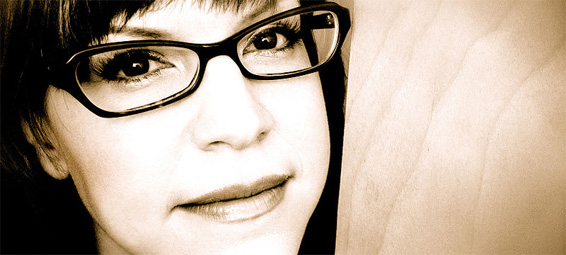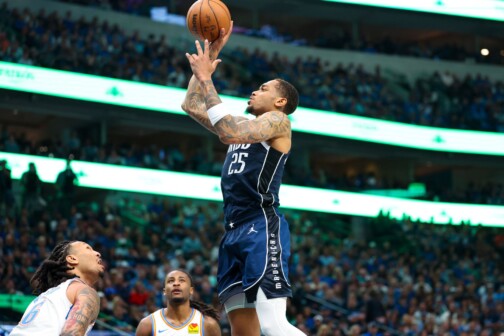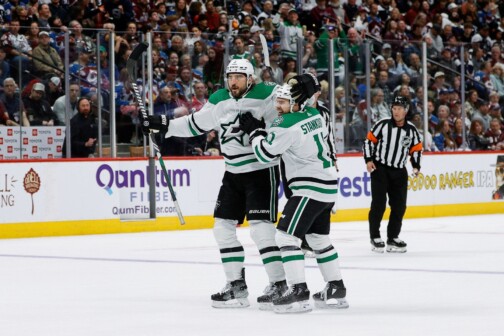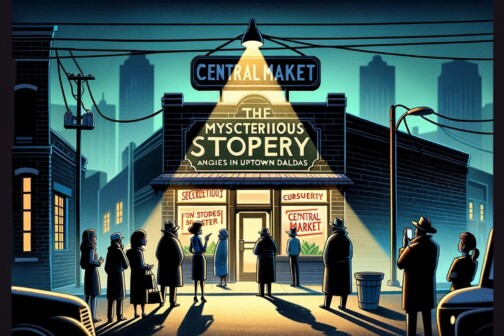When Hockaday grad Lisa Loeb’s first single, “Stay (I missed You),” rode the momentum of Ben Stiller’s nineties-defining movie phenomenon Reality Bites to the top of the charts, the song made headlines for being the first number one hit by an artist without a major label contract. That made Loeb an instant indie darling in a decade that coined the word “alternative rock.” It also made the singer-songwriter from Dallas something of a canary singing in a mine of a music industry on the verge of monumental change. Though it was impossible to see at the time, major labels were on their way out.
Since “Stay,” Loeb has had a long and multi-faceted career, jumping on and off major labels, launching her own independent label, starring on a reality TV show, and even starting her own eyewear line which leverages her iconic, ironic bespeckled look. In the post-major label era, in which music is available for free and record contracts impossible to find (if non existent) for young artists, Loeb’s career is indicative of what a present day musician’s life needs to look like.
“I’ve always had a grass roots and entrepreneurial sense of things, taking advantage of big business when I can,” Loeb said via phone an hour before boarding a flight back to her hometown, where she will perform at this year’s TEDxSMU. “The thing now is that it is more acceptable for a lot of people to do a lot of different types of projects. Back then they might think that your music is lesser. Now, it is not only not surprising, it is expected.”
Loeb has never shied away from projects that could have pigeon-holed her into any number of dismissible celebrity categories. She starred in a Food Network show with then-boyfriend, Dweezil Zappa, son of legendary musician Frank Zappa. She launched a reality TV show about her own mid-30s dating life struggles, called Number One Single. In recent years, Loeb has been dabbling in a genre long considered the bastion of has-beens and never-weres: children’s music. In 2003, she teamed up again with longtime friend and singer/songwriter Elizabeth Mitchell to put out Catch the Moon, and in 2008 she released Camp Lisa, an album of camp songs that was widely acclaimed in children’s music circles.
It wasn’t motherhood that drove Loeb back to songs from childhood (in fact, she became a mother only after those two albums were released), but rather being savvy to the right opportunities when they presented themselves.
“Barnes and Noble wanted me to make [a children’s album],” Loeb said. “It just worked.”
For Loeb, the children’s projects were a musical challenge. So much music made for kids sounds cheap and paltry, “like toys,” she said. She wanted to make real music for kids. Plus, the market for children’s music has expanded, and there’s more money available to produce it. That made making children’s records both lucrative for Loeb and her vision for them creatively accessible. Camp Lisa features a host of guest stars, including Veruca Salt’s Nina Gordon, Letters to Cleo vocalist Kay Hanley, and banjo plucking comedian Steve Martin.
Loeb is still working on adult music as well, and this week she will perform at both the main TEDxSMU event Saturday and Friday’s TEDxKIDS. The singer-songwriter has become used to balancing a diversity of projects accepting it as just the reality of what musicians today have to do to survive.
“Sometimes it is other projects that support doing the projects you want to do,” she said. “Music is always the most important thing. The creativity and the business side comes from how you figure out how to sell it.”
Thought even Loeb admits that while the style of her career fits today’s music environment, it is still a difficult time to eek out a life as a musician.
“The bummer is that back in the day when you were collecting all these names for your mailing lists, you knew you were building towards an audience that was going to support you financially,” she said. “Now you can build up your following, but it doesn’t lead to selling more things.”






